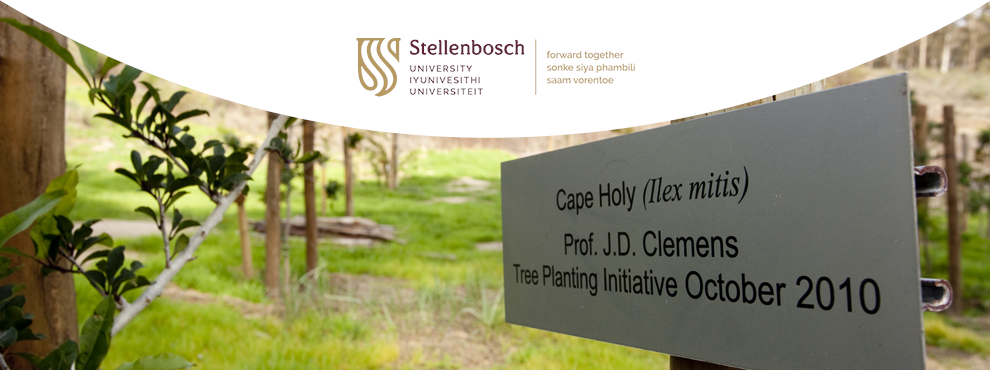1. Who will be paying?
All staff and students who have successfully applied to have their vehicles registered for parking on University grounds, will be paying the amount applicable to the type of parking allocated to them.
2. Will there be any distinction among staff and students, or permanent and temporary staff?
3. Will there be cross-subsidisation?
No. Only those who have registered their vehicles successfully will be paying. Parking fees must be paid into the parking charge fund.
4. How much profit will the SU be making on parking?
5. What will the money be used for?
The money paid into the Parking Charge Fund is used for the maintenance and management of parking.
6. Are we paying per car?
Tarriffs are calculated in accordance with the type of parking allocated, as well as the number of parking discs applied for (and awarded).
7. How do the SU’s fees compare with that of the town or those of other universities?
The SU’s fees are considerably lower than that of other institutions. In 2016 the cheapest municipal parking amounted to R5 820 per annum. At the University of Cape Town in 2016 it was on average R960 per annum for the cheaper alternative and R1 524 per annum for the more expensive option.
8. I am currently paying a lot of money but am still not guaranteed a parking bay.
Only reserved parking is guaranteed. Non-reserved parking at buildings works according to a first come, first served principle. The number of additional vehicles which will be admitted to these parking areas will, however, be limited in future (compared to the situation before 2013). This number will be determined in cooperation with the various environments, with due consideration to the nature of each environment. Provision is thus made for the movement of vehicles at each building for the optimal utilisation of parking.
9. Must students who live in private residences on or near campus also pay for their parking bays at these homes?
No, only parking on University grounds must be paid for. However, should a private student who lives near campus, wish to drive to campus and park on University grounds, Coetzenburg included, he/she will have to register his/her car and pay the relevant parking charge.
10. For how long will the costs remain on this level?
Costs will be revised on a year-to-year basis, as is the case with all SU tariffs.
11. How will the changes to the parking system affect members of management?
All staff, including members of management, and students who register their vehicles for parking on University grounds will be paying fees in accordancce with the type of parking allocated to them. Members of management must therefore also apply for parking.
12. Will everybody now be forced to park on the periphery or travel to campus by bus?
No, everybody will be exercising his or her option within the available options, with the associated cost implications.
